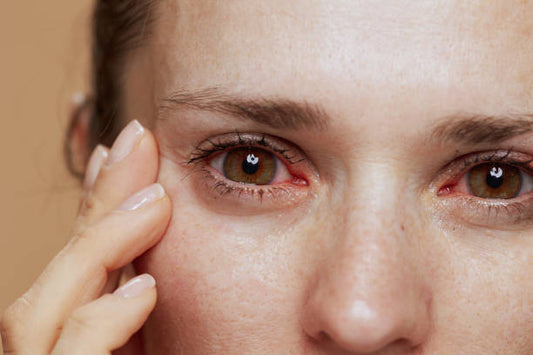Many of our patients wonder how regularly they should have their eyes examined. The frequency of eye exams is very dependent on your age, your general health, any predisposing risk factors, and current eye conditions you may have. Regular eye tests should be included as part of your regular healthcare routine, and may help prevent the development of sight-threatening conditions.
There are certain underlying health conditions that require more frequent eye examinations, including:
- Diabetes
- High Blood Pressure
- Thyroid conditions
- Neurological (brain) disorders
- Stroke
If you have been previously diagnosed with eye conditions, your eye-care practitioner may wish to see you more regularly. These include:
- Myopia (short sightedness): difficulty focusing on distance objects, and can be sight threatening if left untreated, especially when detected in children. Myopia progression can be prevented, and it is imperative to have regular eye exams.
- Hyperopia (long sightedness): difficulty focusing on close-up objects
- Astigmatism: blurred vision at both distance and near
- Glaucoma: increased pressure in the eye, often asymptomatic
- Macular Degeneration: progressive loss of central vision
- Cataracts: clouding of the lens in the eye
- Retinal Detachment: separation of the back layer of the eye from the blood vessel layer
In summary, it is imperative to have your eyes examined regularly, even if you see well. A comprehensive eye examination includes a full eye-health check, from front to back, in order to detect and hopefully prevent the development or progression of sight-threatening eye diseases.


